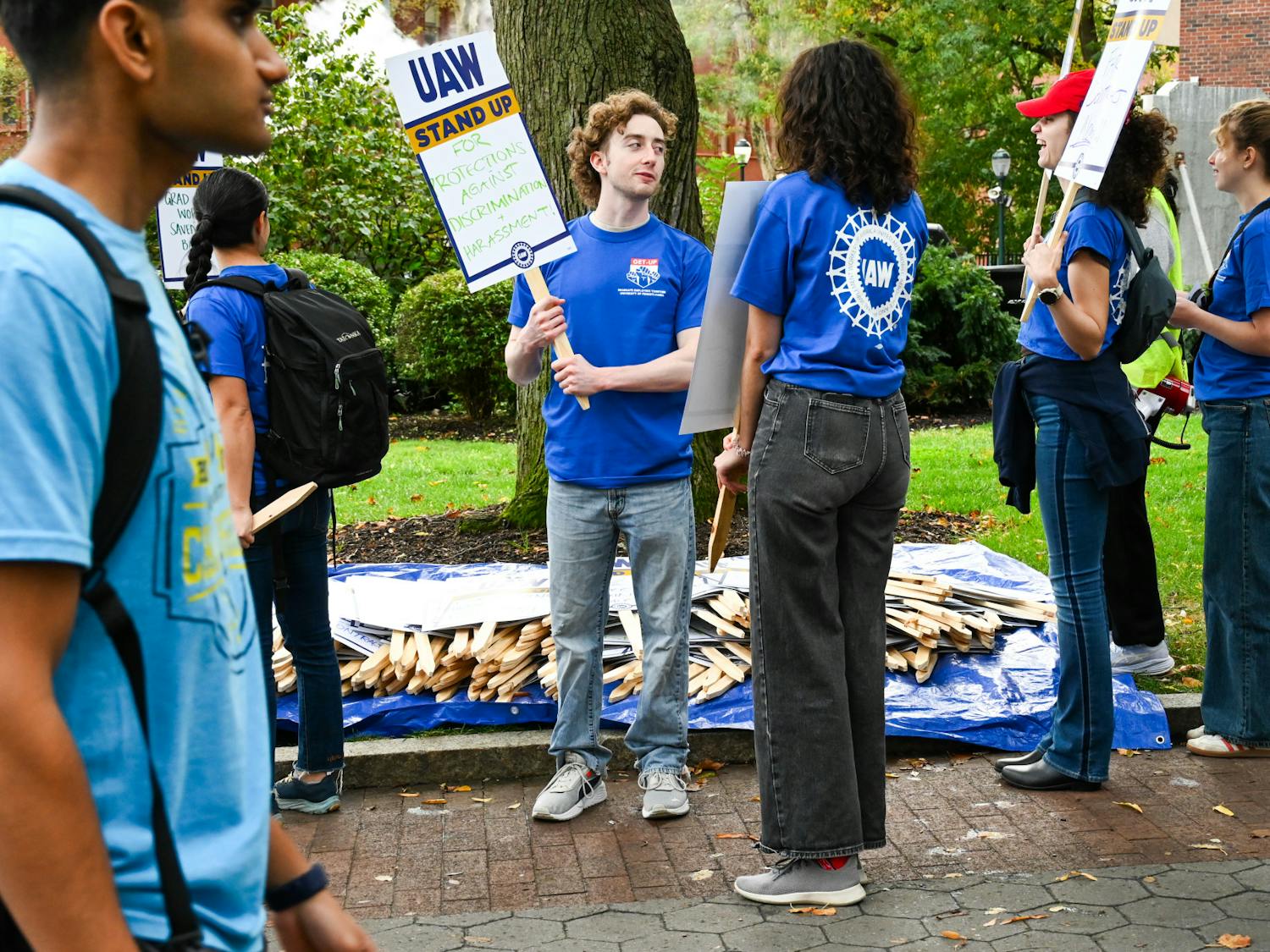The Student Activities Council is granting student clubs greater flexibility to change funding allocations in their budgets due to limitations caused by the COVID-19 pandemic.
SAC Chair and College junior Grayson Peters said SAC has received an influx of requests from clubs this semester to transfer funds that would have gone toward in-person activities to cover other expenses for the virtual semester. Instead of having to present in front of the SAC Executive Board if a club wanted to reallocate funds, groups can now simply email SAC their request, which will be reviewed more leniently.
Student clubs applied for funds from SAC in spring 2020 for the 2020-2021 academic year, Peters said. Expenses are approved by category, such as printing, travel, and equipment, to ensure that student clubs spend money according to SAC guidelines. Since then, the pandemic has forced groups to adjust their operations to a remote setting and cancel many of their plans for the fall semester.
College senior and editor-in-chief of DoubleSpeak Heta Patel said the more flexible policy has been useful for DoubleSpeak, a student-run journal that translates poems in foreign languages. Patel said that SAC approved DoubleSpeak to use the $400 originally allocated for travel and conferences — which they would not be able to attend due to COVID-19 — to cover the costs of mailing the print issues to students. DoubleSpeak mailed issues of the journal in the summer and again in the fall for more students who wanted a print issue.
Patel said the group is setting aside some of the $400 in case it will have to mail copies to students again in spring 2021.
"We anticipate that things aren't going to be in person," Patel said. "I know we all would have hoped for it, but I feel like my hopes have crashed every single time, and so we're preparing for the worst."
Penn President Amy Gutmann, Provost Wendell Pritchett, and Executive Vice President Craig Carnaroli announced on Wednesday that the spring semester will start Jan. 20, a week later than planned, and will have a shortened spring break. A comprehensive spring semester plan will be communicated to the community by mid-November.
SAC is still allowing groups to apply for contingency funds, which cover unexpected expenses throughout the year, but is implementing additional restrictions in line with the University’s COVID-19 guidelines and Student Campus Compact that prevent in-person gatherings from taking place.
RELATED:
First years create book club, Penn Reads, to bond with peers while away from campus
Two Penn grads launch podcast to teach medical students networking skills
College and Wharton senior Alfredo Garcia Sanchez, who is editor-in-chief of the Wharton International Business Review, said the flexibility in funding has allowed the journal’s staff to work on producing its issues remotely.
Garcia Sanchez said that during a normal year, members of the design team use the same computer to create the issue, allowing the club to pay for only one version of programs like Adobe InDesign and Adobe PhotoShop, which are used to create the issue. Because members can no longer meet in person, Garcia Sanchez said the group shifted approximately 25% of its printing budget to cover the costs of these programs for the designers.
He said that the Wharton International Business Review has decided to forego producing print issues this semester due to the remote fall semester and will instead post the issue online as a PDF to their website.
“We're hoping that people are able to figure out how they can conduct events in this virtual setting and then figure out ways that we can help with that from a funding perspective,” Peters said.









